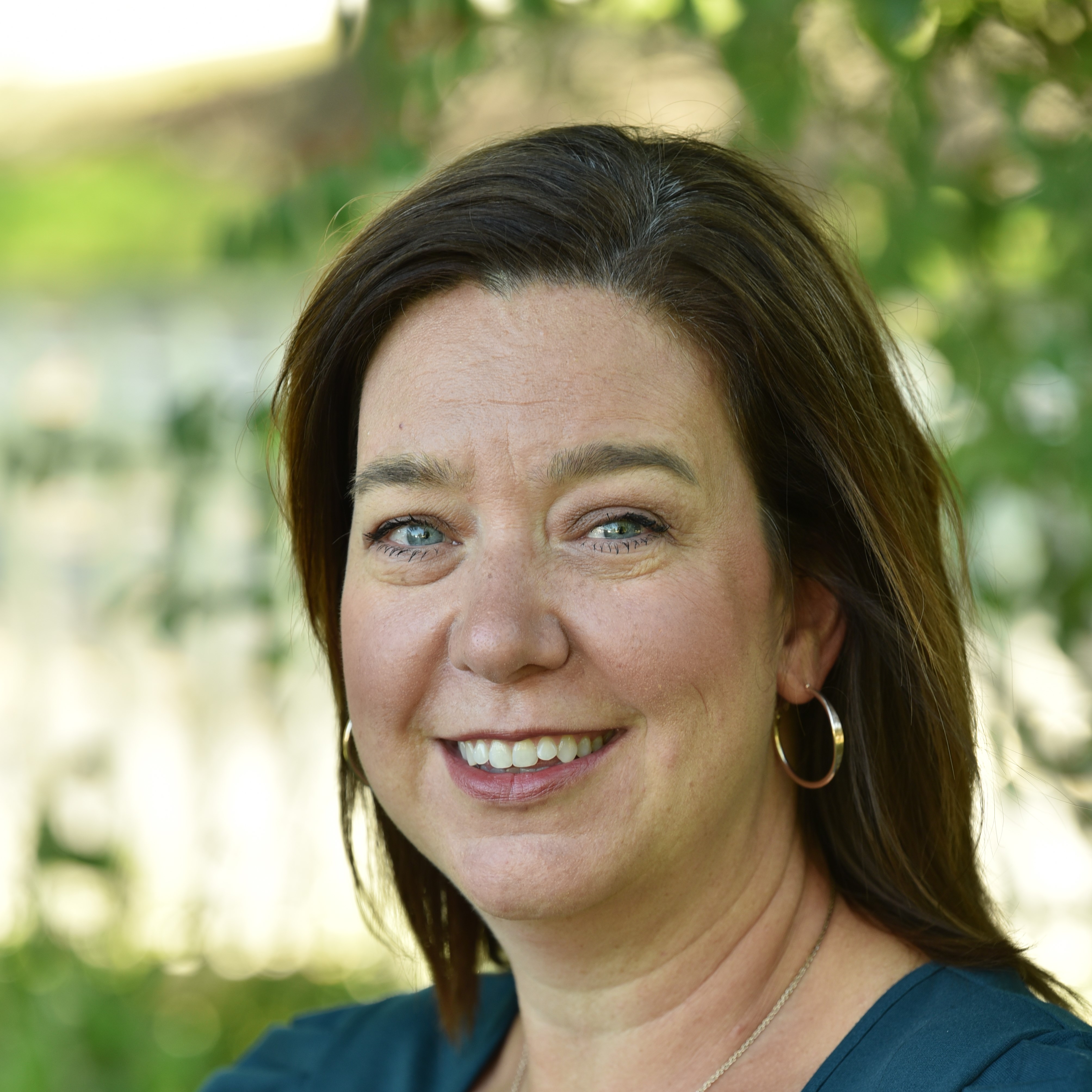Link to the original article on ABC News' website
[...]
How to help kids cope
Just as adults are at risk of being traumatized by images and videos of war and conflict, children are also at risk.
Dr. Michelle Kees, a clinical psychologist in the department of psychiatry at the University of Michigan, told ABC News that as coverage has increased more and more, children are being exposed to the same information.
"Research has shown us over the last several decades that exposure to war, violence, exposure to media violence, has a significant negative impact on children," she said. "We know that children who watched a tremendous amount of this particular media coverage later report greater symptoms of anxiety and even symptoms of post-traumatic stress."
"While they may have not been in the event, seeing the coverage personalizes it at a deeper level, and is linked with some of the same kinds of mental health effects that we've seen for people who've actually experienced trauma," Kees continued.
Experts said sounds that kids hear from videos can be traumatizing if they hear similar sounds in their own environments. Children who are elementary school age may interpret the news as personal and worry that things they see might happen to them and their families.
To help children cope with the visuals they're being exposed to, Kees suggests limiting exposure for younger children and having conversations with older children and teenagers if they're interested in speaking about the conflict.
[...]
"Adults, sometimes we get sucked into this kind of media coverage and we want to click through and look at every different story in every different video to understand what's happening," Kees said. "But there's also a line that we need to draw for ourselves for our own mental health and stopping and saying, 'I need to take a break from this right now. This is too hard for me to watch right now.'"
"When we're worried and stressed and anxious or feeling overly sad, that has spillover effects on our children," she added.





